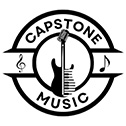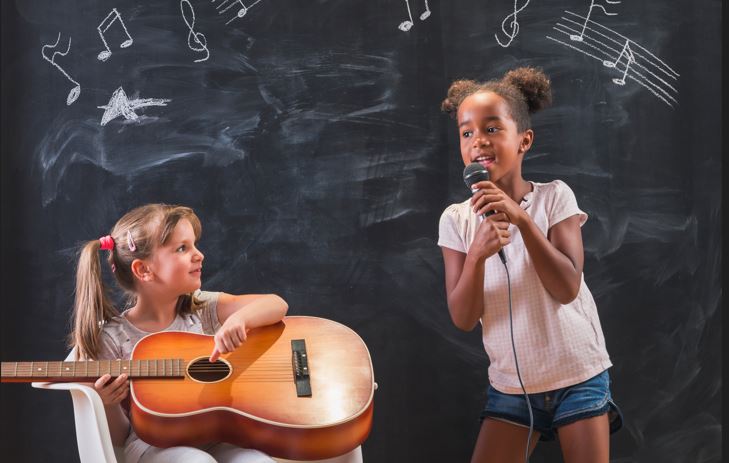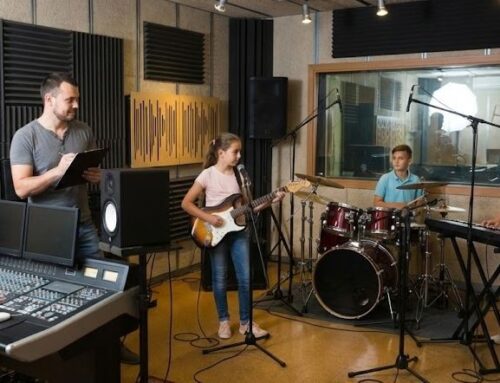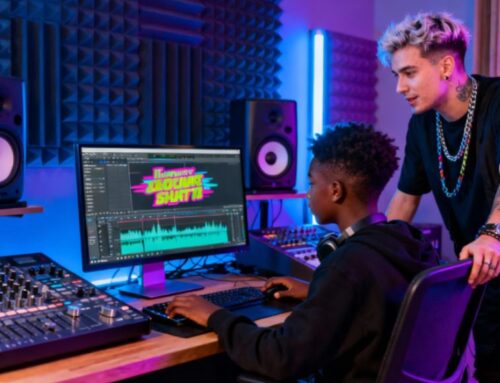When it comes to introducing your child to the world of music, one of the most common questions parents grapple with is: “What is the right age for my child to start music lessons?” It’s a decision that can influence not only your child’s musical journey but also their long-term interest and enjoyment in the art. In this comprehensive guide, we’ll explore the pros and cons of starting music lessons at a very young age (such as 3 years old) versus waiting until your child is older. We’ll also discuss the benefits of allowing your child to choose their instrument and how selecting a versatile music school with varied programs can make a significant difference.
Early Music Lessons: The Pros and Cons
Pros of Starting Early
- Early Skill Development: Children as young as 3 years old are often more adept at absorbing new skills. Early exposure to music can help develop fine motor skills, improve auditory discrimination, and foster a sense of rhythm.
- Enhanced Cognitive Abilities: Studies have shown that early music education can enhance cognitive abilities, including memory, attention, and language skills. This is particularly advantageous in young children, whose brains are highly adaptable.
- Increased Musical Fluency: Starting lessons early can help children develop musical fluency more naturally. They become accustomed to the language of music, which can make learning more complex concepts later on easier.
Cons of Starting Early
- Limited Attention Span: Very young children often have shorter attention spans, which can make sustained music lessons challenging. This might lead to frustration for both the child and the instructor.
- Potential for Burnout: Forcing a child into structured lessons too early can lead to burnout. It’s crucial that children enjoy the process rather than view it as a chore.
- Lack of Instrument Choice: At a young age, children may not yet have the maturity to choose an instrument they genuinely want to play. This could lead to a lack of enthusiasm if they feel pressured into a choice made by their parents or teachers.
In Burlington Ontario and would like to learn more about the best time – and place – to start music lessons? Visit Capstone Music. We’ve love to start your child on their musical journey. Our focus is on “playing” and have Burlington’s best teachers – who are also performing artists! Let us share our love of music with you – register now!
Starting Music Lessons Later: Benefits and Drawbacks
Pros of Starting Later
- Increased Interest and Motivation: As children grow older, they often develop their own interests and passions. Allowing them to choose an instrument they are genuinely excited about can lead to greater motivation and commitment.
- Better Physical Coordination: Older children have improved motor skills and hand-eye coordination, which can make learning a musical instrument less frustrating and more enjoyable.
- Greater Understanding of Musical Concepts: With a more developed cognitive framework, older children can grasp complex musical concepts more readily and apply them more effectively.
Cons of Starting Later
- Potentially Slower Skill Development: While older beginners can still excel, they might miss out on the early developmental advantages associated with starting music lessons at a younger age.
- Less Time to Develop Mastery: Starting later means less time to develop proficiency before adulthood, which can be a factor if the child is aiming for a professional career in music.
- Social and Emotional Challenges: If a child starts lessons later, they may feel self-conscious compared to peers who have been learning for a longer time, which can affect their confidence and enjoyment.
The Importance of Instrument Choice
One of the key factors in ensuring a child’s long-term engagement with music is allowing them to choose their instrument. When children have a say in their musical journey, they are more likely to stay motivated and enthusiastic. Here’s why:
- Personal Connection: Children who choose their own instrument are more likely to form a personal connection with it, leading to increased practice and dedication.
- Increased Enjoyment: When children are involved in the decision-making process, they tend to enjoy their lessons more, which fosters a positive attitude toward music.
- Long-Term Commitment: Choosing their own instrument helps children develop a sense of ownership and commitment to their music education, reducing the likelihood of dropping out.
Choosing the Right Music School
Selecting the right music school is crucial for a positive learning experience. Look for a school that offers a variety of instruments and programs to cater to different interests and developmental stages. Here’s why a versatile music school is beneficial:
- Variety of Instruments: A school that provides lessons for various instruments—such as guitar, piano, and singing—ensures that your child can explore different options before making a final choice. This flexibility can help them discover their true passion.
- Fun and Engaging Programs: Schools that offer fun programs like music camps and group band options create a more engaging learning environment. These programs not only enhance musical skills but also foster teamwork, creativity, and social interaction.
- Experienced Instructors: Look for schools with experienced instructors who are skilled in teaching different age groups and levels. A good instructor will tailor lessons to the child’s needs and interests, making the learning process more enjoyable and effective.
Decide on Music Lessons with Your Child in Mind
Deciding when to start music lessons for your child involves weighing the benefits of early exposure against the advantages of waiting until they are older. While starting early can offer developmental benefits and build foundational skills, waiting until your child is older allows them to choose an instrument they are genuinely interested in, leading to greater motivation and enjoyment.
Ultimately, the best approach is to find a balance that works for your child’s individual needs and interests. By selecting a music school that offers a range of instruments and engaging programs, you can provide a supportive environment that nurtures your child’s musical journey, whether they start young or later in their development.






